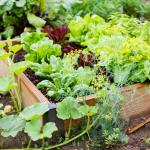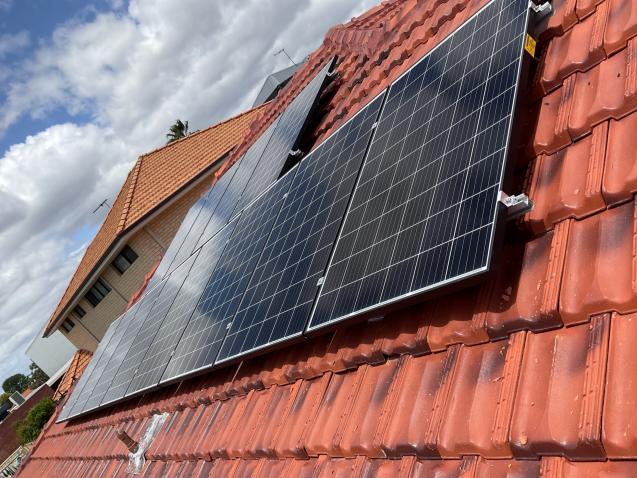
5 Secrets to a Successful Veggie Garden from a Green Thumb
Growing your own food can cut a family’s grocery bill in half and it’s great for the soul, encouraging more time spent outdoors in the fresh air and sun. Plus, we all know fresh homegrown vegetables taste far superior to those purchased at supermarkets.
Below are our top tips to maintain a successful and flourishing veggie garden.
Use high-quality soil
Quality soil is probably one of the most important elements to having a healthy, high yielding garden. Soil that is organically rich with compost will help produce healthy roots that are more able to absorb water and nutrients.
Before you even start planting, ensure that you mix your soil thoroughly with organically rich compost and give it a week or two before planting anything. After a year or two of growing, you will also need to revitalise your soil with fresh organic matter as over years of growth, the soil will be depleted of nutrients.
Consider a raised garden bed
As mentioned above, soil nutrients can deteriorate over 1-2 years so having a raised garden bed can assist in the renewal and control of high-quality soil. Having a raised garden bed can also assist with more efficient drainage in winter and help to deter ground-dwelling pests. Plus, it gives you more options as to where you can place your garden bed.
The location is a really important factor when setting up your own vegetable garden; most plants do well in full sun so you’ll want to find a location where your garden bed gets at least six hours of full sunlight a day.
Use mulch and pea straw
Mulch is a great insulator for soil and using it will help to keep your soil cooler during the warmer months. It can also help to deter weeds and keep the soil moist. If you are using raised garden beds then lining the sides of your containers with pea straw can also help to insulate the soil for both warmer and colder months.
Water sensibly
It’s best to water your garden in the morning or early evening when sun exposure is minimal and water will not evaporate. Ensure that you are watering directly into the soil, watering the leaves of your plant (especially when it is sunny) can result in burnt leaves and will also increase the chance of disease.
During hotter and dryer months you will need to water your garden at least every one to two days. During cooler months, this can be reduced to once or twice a week depending on rainfall.
Consider using shade cloth to protect your patch
If your garden exists in a hot and arid climate then it’s a sensible idea to invest in quality shade cloth to protect your growing produce from the harsh elements of the sun. Using shade cloth is great because it does not completely block sun exposure, therefore your garden is still getting its daily dose of vitamin C.
You can easily build a canopy with poles for a framework around your garden. Attach light coloured shade cloth (dark will just make it hotter) to your framework and make sure that it is not too close to the foliage so as to ensure adequate airflow.
Protect your veggies from pests
To safeguard your vegetables from pests, start with natural deterrents such as companion planting with pest-repelling herbs like basil and marigold.
Physical barriers such as row covers or netting can prove effective in keeping insects and birds away from your plants.They are relatively inexpensive to buy and can be purchased from most garden centres and hardware stores.
It's also important to maintain good garden hygiene by regularly removing weeds, to reduce hiding spots for pests. Fruit and vegetables can attract rodents, so be sure to regularly remove ripened produce from your garden and dispose of decaying ones promptly.
If you suspect the presence of rodents on your property, consider enlisting the services of a professional pest control company. Rodents are known carriers of germs, parasites and diseases, and can pose significant health risks.



